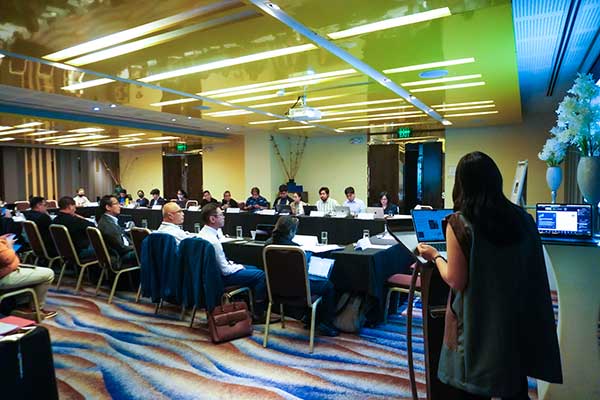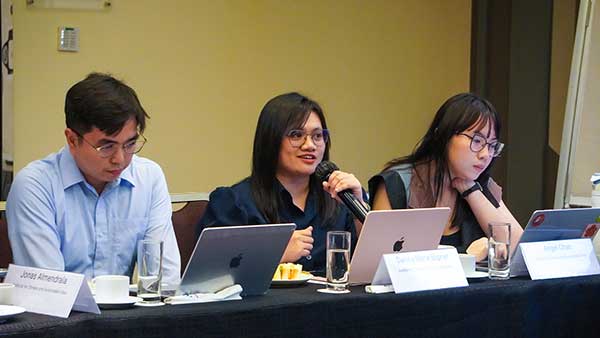The Philippines needs improved monitoring and evaluation tools for climate finance accountability, experts emphasized during a recent roundtable discussion on urban climate finance in Quezon City.
The event was organized under the Integrated Urban Climate Action for Low-Carbon and Resilient Cities (Urban-Act) Project, a regional initiative led by the Deutsche Gesellschaft für Internationale Zusammenarbeit (GIZ) GmbH.
In the Philippines, the Institute for Climate and Sustainable Cities (ICSC) is an implementing partner of the Urban-Act Project, with Clean Air Asia, GIZ Philippines, and the Department of the Interior and Local Government (DILG) as key political partners.
Discussions during the event made it clear: the country urgently needs a comprehensive system for monitoring and evaluating climate actions and finances. Experts noted that without such a system, tracking progress and ensuring accountability for climate initiatives would be challenging.
DILG Assistant Secretary Francisco R. Cruz, in his message, shared the DILG’s priorities under its new leadership, including improving national disaster response systems, enhancing public safety, and stabilizing governance through the Seal of Good Local Governance (SGLG).
Cruz also expressed confidence in continuing the Urban-Act Project and looked forward to more opportunities for sustainable urban development.
Ed Quitoriano of Visus Consulting OPC stressed that relying solely on the Annual Investment Program (AIP) for climate evaluation is inadequate. He recommended that Local Government Units (LGUs) use their annual accomplishment reports to better assess climate initiatives.
Quitoriano highlighted the need for a robust monitoring and evaluation (M&E) framework and a measurement, reporting, and verification (MRV) system to effectively track climate finance spending and assess its outcomes.
“We need an M&E system that includes MRV because right now, everything is too centralized. LGUs can’t accurately measure carbon emissions or carbon sinks without decentralized capacity. What do we tell the public if we cannot gauge these impacts?” he said.
He added, “It is crucial to establish a mechanism that measures not just how much we spend but also what we achieve with those funds. This is the only way to ensure accountability and progress in our climate initiatives.”
Danica Marie Supnet, ICSC’s Director for Climate Policy, echoed Quitoriano’s call for reforms in the M&E and MRV processes. She also advocated for improving the quality review of Local Climate Change Action Plans (LCCAPs), which would strengthen climate action at the local level.
Supnet pointed out the resource constraints faced by cities, especially in climate-vulnerable nations like the Philippines.
“With the growing need for cities to accelerate climate action, establishing an effective M&E system is more important than ever. While climate finance in the Philippines has historically been limited, better tracking and efficient use of such funds will strengthen cities’ capacity to handle larger financial flows in the future, a key part of our push for climate justice,” she said.
The roundtable discussion was attended by stakeholders from the public and private sectors, as well as the academe. The event highlighted the importance of collaboration in building systems that help cities track, report, and make effective use of climate finance. This was the second in a series of roundtable discussions held this year, with a third scheduled for next year.
Participants included representatives from national and local government units, civil society organizations, academe, development partners, and the Urban-Act Philippines Consortium.




























